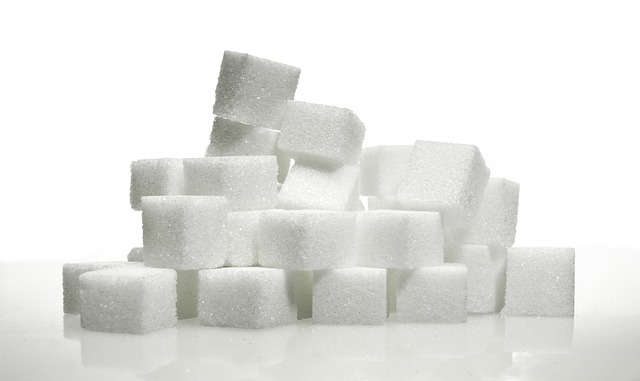



Humans love sweet foods for a reason — throughout human evolution, they were an essential source of energy but was never within easy reach. Those who were successful in foraging for, and loading up on, sugar-rich fruit had the survival advantage.
Today, in a time when both sugar-rich natural fruit and man-made foods are available cheaply and in abundance, the human body still keeps to its original design, craving sugar at all times. Evolution is slow to catch up, and modern humans pay a heavy price. According to the experts at Ascent Family Dental, the health risks brought on by the modern sugar-rich diet are serious ones. Obesity and tooth decay are only two of the most obvious areas.
Sugar stresses every vital organ
High levels of blood sugar cause deterioration of vital organs such as the heart and the kidneys. Exposure to high levels of glucose and fructose, for example, can both stress the heart’s muscle tissue and trigger the production of triglycerides, fats that raise risk of cardiac arrest. High sugar levels in the blood can stress the kidneys as well, and inflame the liver. A sugar habit can have much the same effect on the liver as alcohol consumption can.


Sugar makes life hard for the brain
Excess sugar in the diet can affect the brain’s levels of BDNF, the chemical closely associated with the brain’s ability to process and retain memories. Over extended periods of time, exposure to high levels of sugar can lead to dementia and depression.
There are visible effects as well
Putting too much sugar into your body can show up as more than complications years down the line. Some effects can show up mere months later. A sugar habit can result in tissue inflammation throughout the body, and can show up as joint pain, skin wrinkles and red patches, and even poor libido. A study has found that high levels of sugar in the blood trip a genetic switch that turns off the body’s supply of testosterone and estrogen.
Learning how to be careful
If you aren’t the type to finish off multiple cans of soda each day, drink heavily sweetened lattes, or polish off multiple portions of dessert, it’s a great start. In a modern world full of processed foods everywhere you turn, however, it can take more than a simple disavowal of sugary foods to keep your diet healthy. The risk of health damage from excessive sugar is everywhere, and if you are to keep your diet under control, you need to know where to look.
Stay away from all packaged beverages, including enhanced waters, iced tea, fruit juices, lattes, and smoothies. Nearly every store-bought beverage is risky, even those that claim to be sugar-free. Diet products can be especially problematic. Studies have found that when you attempt to trick the brain into seeing sweetness where there is none, the brain can set itself to find its sugar fix — one way or the other.
Be careful with dessert. Since dessert can be part of a healthy meal, the mind can perceive it as much healthier than it is. While everyone deserves dessert, it’s important to make it an occasional treat, rather than a routine one. Allowing yourself dessert no more than once or twice a week makes sense. When you do allow yourself a treat, it is a good idea to switch to natural sugar substitutes. Vanilla extract, cinnamon, and cocoa, among other products, when combined with natural sweeteners, add even more flavor in a healthy way.
Design your meals with care. Traditional meals tend to be designed for health. If you believe that anything goes during a meal, however, they could end up being poorly balanced, and a high-sugar risk. A meal that is not carefully designed can end up raising your blood sugar level too quickly, an effect that leaves you feeling hungry and vulnerable to the temptations of the snack machine at the office.
It’s important to make sure that each meal comes with protein, fiber, and healthy fats. Each of these food ingredients makes meals more filling. The more sated you feel, the less tempted you will be to steal a snack.
Evolution never gave humans the tools they need to fight temptation in a modern world. It takes conscious resolve to make your way.
An experienced Greeley family dentist, Dr. Scott Williams works hand in hand with his patients to develop a fully customized dental plan, built around the individual wants and needs of the particular patient. Our practice treats you like family.
Each time a smartphone upgrade cycle completes or a computer reaches the end of its…
If you know anything about Minecraft, you are aware of its popularity among video games…
Spring is here, the weather is getting warmer and we’re just a handful of weeks…
What if the secret to lasting health isn’t just in prescriptions, but in the way…
What transforms a house into a home that truly reflects your personality, lifestyle, and aspirations?…
What makes a photographer more than just someone behind a camera? For many, it’s the…
This website uses cookies.